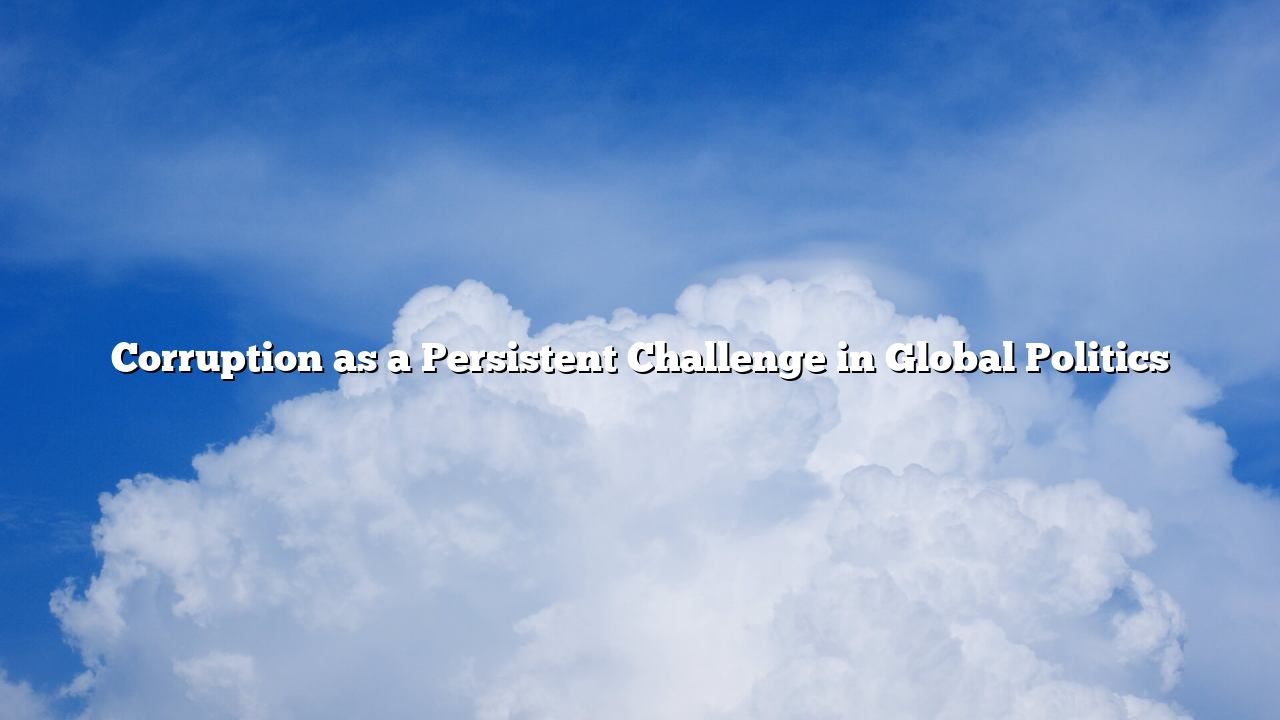Corruption remains one of the most persistent and damaging problems in global politics. Despite decades of reforms, anti-corruption campaigns, and international agreements, many governments still struggle to eliminate practices such as bribery, embezzlement, and nepotism. Corruption vikingtoto undermines trust in political institutions, weakens democracy, and discourages foreign investment, making it a serious obstacle to development and stability.
At its core, corruption thrives where transparency and accountability are lacking. In many countries, political leaders and bureaucrats exploit their positions for personal gain, diverting public resources away from essential services like healthcare, education, and infrastructure. This mismanagement not only deepens poverty but also erodes citizens’ confidence in the state. When people believe that politics is inherently corrupt, they may disengage from civic life altogether, leaving space for authoritarian leaders to consolidate power.
The impact of corruption is particularly severe in developing countries. For example, in nations rich in natural resources, corruption often leads to the so-called “resource curse.” Instead of benefiting citizens, wealth from oil, gas, or minerals is siphoned off by elites, fueling inequality and sometimes violent conflict. This dynamic has been observed in parts of Africa, Latin America, and Asia, where corruption has delayed progress despite abundant resources.
Internationally, efforts have been made to combat corruption. Organizations like Transparency International publish corruption perception indexes, drawing attention to the worst offenders. Global agreements, such as the United Nations Convention against Corruption (UNCAC), encourage governments to strengthen laws and institutions. However, enforcement remains inconsistent, and cultural differences often influence how corruption is perceived and tolerated.
Technological innovations provide new tools in the fight against corruption. Digital platforms for government services reduce opportunities for bribery, while blockchain technologies create transparent records of financial transactions. Civil society and investigative journalism also play critical roles, exposing scandals and pressuring authorities to act. Still, without strong political will, these measures can only achieve limited success.
Ultimately, addressing corruption requires systemic change. Independent judiciaries, free media, and active civil society organizations are essential in holding leaders accountable. Citizens must also be empowered to demand honesty and transparency, both through voting and through grassroots activism. While the fight against corruption is complex, its resolution is crucial for building fairer, more stable, and more prosperous societies.
